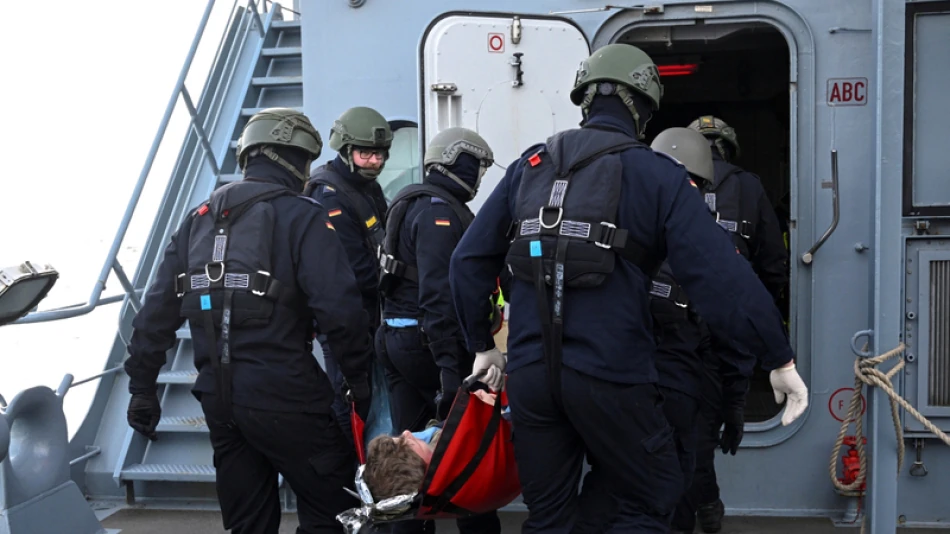
Europe Bolsters Defense Capabilities, Takes Charge of Its Security Agenda
Europe is taking charge of its own security like never before, and ironically, it's Trump's wavering support that's pushing them to act. Three major developments last week show European powers are serious about defending themselves, even as the US president sends mixed signals about America's commitment to the continent.
When a journalist recently asked Trump if European countries should shoot down Russian aircraft violating NATO airspace, he answered quickly: "Yes, I support that." But when pressed about whether the US would back its European allies militarily in such a scenario, Trump hedged: "It depends on the circumstances."
This American ambiguity has encouraged Putin to keep testing NATO's limits. Russian drones were spotted over five Danish airports last week—both civilian and military—likely launched from Russian ships in the Baltic Sea. But instead of waiting for clearer US support, Europeans are stepping up.
**European Powers Draw Red Lines**
The first major signal came from Moscow, where British, French, and German envoys met with Russian counterparts. They delivered a clear message: they're ready to shoot down Russian aircraft that violate NATO airspace. Russian officials were reportedly taking detailed notes, suggesting Putin wanted to assess how serious the Europeans really were. For the first time, European powers spoke for themselves without hiding behind American protection.
The second development involved the new "Drone Wall" initiative. European countries held their first planning meeting to build coordinated air defenses along Europe's eastern flank against cheap but effective Russian drones. Ukraine participated with its combat experience, while NATO got observer status. Israel might join later, especially after announcing its "Iron Beam" anti-drone laser system is ready.
**Germany's Military Spending Surge**
But the biggest change came from Germany. Europe's economic powerhouse has long talked about playing a larger security role without taking real action. That changed last week with leaked budget documents showing Germany plans to spend over $90 billion on military purchases next year—a massive increase.
Here's what makes this interesting: most of that money will go to European defense companies, with only 8% allocated for American weapons. Germany also conducted three days of large-scale military exercises called "Red Storm Bravo," simulating responses to potential Russian aggression in the Baltic Sea.
German Chancellor Friedrich Merz announced support for seizing frozen Russian assets to fund Ukrainian defense efforts. This represents a significant political shift in how Europe handles the Russian challenge.
**The Unintended Consequences**
Trump's isolationist tendencies are producing an unexpected result. Europe is building genuine defense capabilities and reducing its complete dependence on American protection. While US influence gradually declines in Europe, European plans—especially Germany's—suggest the continent's security future will feature greater independence and broader internal cooperation.
European leaders might end up thanking Trump, not for his support, but for unintentionally pushing them to build their own defenses and think more realistically about national security. As European efforts intensify, the US could reduce its military commitments on the continent without abandoning it entirely, opening the door to a new balance in transatlantic relations.
The economic stakes are significant too. Germany's $90 billion military spending plan signals that European defense companies will capture much of this economic reward, rather than American contractors. This shift could reshape not just military alliances but also the global defense industry.
Most Viewed News

 Sara Khaled
Sara Khaled






